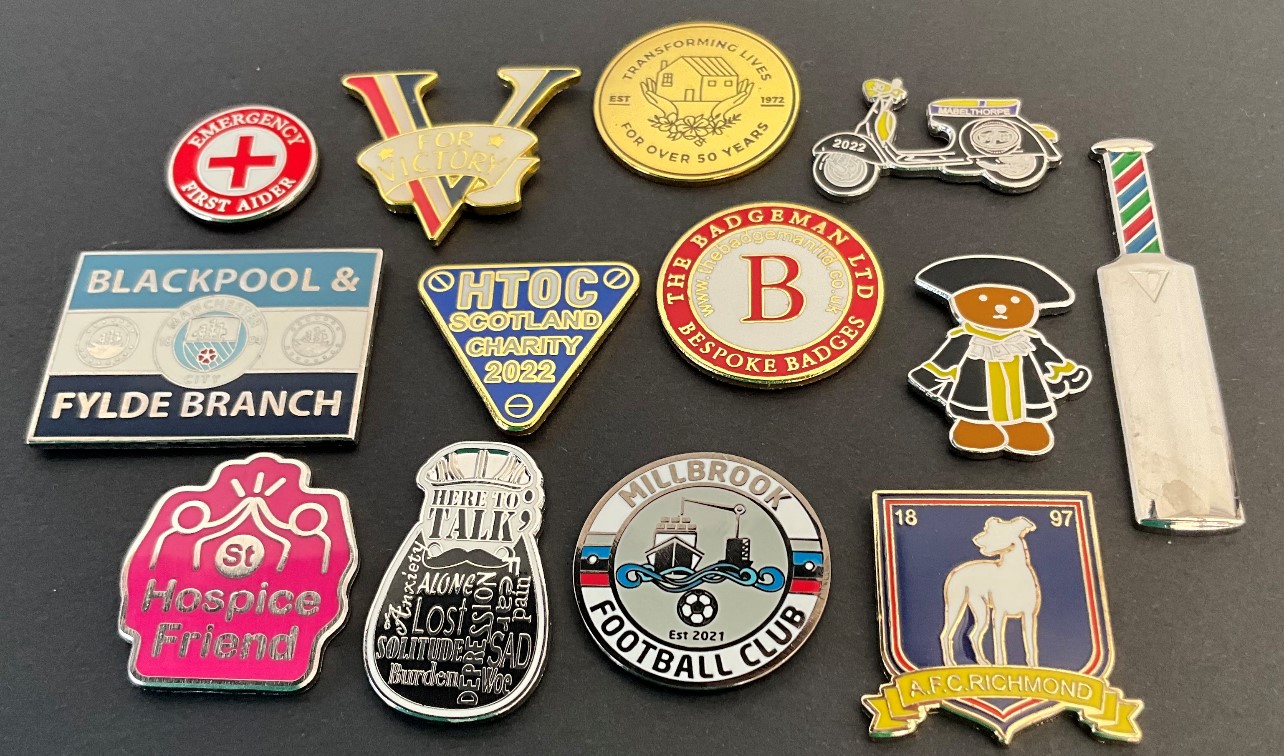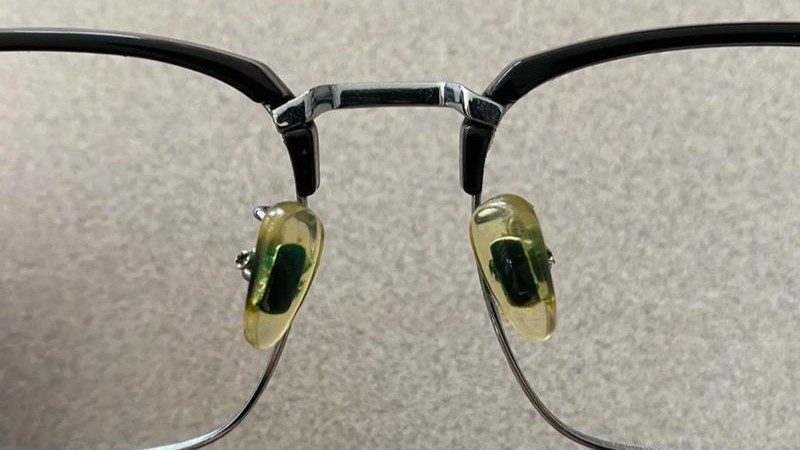Sleep apnea is a common yet serious condition affecting millions worldwide. Characterised by repeated interruptions in breathing during sleep, sleep apnea can lead to poor sleep quality and even more severe long-term health risks. Fortunately, various treatments are available, and one increasingly popular option is using oral appliances.
What Are Oral Appliances for Sleep Apnea?
Oral appliances for sleep apnea are custom-fitted dental devices that help maintain an open airway during sleep. Their simplicity and portability make them a favoured option for many patients.
These devices offer a less invasive and more comfortable alternative to traditional solutions. This is particularly true for those with mild to moderate sleep apnea.
Mandibular Advancement Devices
Mandibular advancement devices, or MADs, are the most commonly prescribed oral appliances for sleep apnea. These devices work by repositioning the lower jaw (mandible) slightly forward, which helps prevent the airway from collapsing during sleep.
For some people, the idea of wearing a dental device at night may seem uncomfortable at first, but with modern advancements, most MADs are made to be as comfortable as possible. Custom-made by a dentist or orthodontist, they ensure a snug fit that’s easy to adapt to over time.
The primary benefit of using a mandibular advancement device is its relative ease of use compared to CPAP machines. Many patients find MADs more convenient, as they are compact, portable, and silent, allowing for more freedom, especially when travelling.
Mouth Guards for Sleep Apnea
Mouth guards are another type of oral appliance used to manage sleep apnea. These devices are typically made from flexible, durable materials and are designed to fit over the teeth to create a comfortable barrier that prevents the airway from collapsing during sleep.
Unlike other oral appliances that actively adjust the position of the jaw or tongue, a comfortable sleep apnea mouth guard works by stabilising the position of the lower jaw and the soft tissues in the mouth. It can be especially useful for individuals experiencing sleep apnea in conjunction with bruxism, or teeth grinding. In these cases, the mouth guard protects the teeth from damage caused by grinding while also assisting in keeping the airway open.
Tongue Retaining Devices
Tongue retaining devices (TRDs) offer a different approach to treating sleep apnea by focusing on keeping the tongue from falling back and obstructing the airway. TRDs work by holding the tongue in a forward position using gentle suction. This prevents it from collapsing into the throat, which is a common cause of airway blockage during sleep.
TRDs can be particularly beneficial for patients who cannot tolerate mandibular advancement devices or for those who have certain dental conditions that make MADs impractical. For example, people with fewer or more fragile teeth may not be ideal candidates for MADs but may benefit from the simplicity of a tongue retaining device.
While TRDs can take a bit of getting used to, many patients report significant improvements in sleep quality, with reduced snoring and fewer apneic episodes. However, as TRDs are not as precisely customised as MADs, they may not offer the same level of comfort for all users.
Hybrid Devices
Some patients may benefit from a combination of the two main oral appliances – mandibular advancement devices and tongue retaining devices. Hybrid devices are designed to both reposition the jaw and hold the tongue in place, offering a dual-action solution for individuals with complex cases of sleep apnea.
This combination approach provides a more comprehensive solution for patients who may not respond adequately to a single type of device. While hybrid devices are typically more customised and may take longer to adjust to, they often result in significant improvements in breathing during sleep.
Effectiveness and Long-Term Benefits
The effectiveness of oral appliances for sleep apnea largely depends on the severity of the condition and the individual’s anatomical structure. Numerous studies have shown that oral appliances can significantly reduce the number of apneic episodes per night, improve oxygen levels during sleep, and enhance overall sleep quality.
Oral appliances can also boost your overall health. By treating sleep apnea, patients reduce their risk of developing more serious conditions such as high blood pressure, heart disease, and stroke. Improved sleep quality often leads to better mental health.
Conclusion
For many patients living with sleep apnea, oral appliances offer a practical and convenient solution that promotes better sleep and reduces the risks associated with untreated sleep disorders. Consulting with a sleep specialist or dentist to explore these options could be a step towards healthier, more restful nights.
Also, visit: aba therapy Hong Kong




